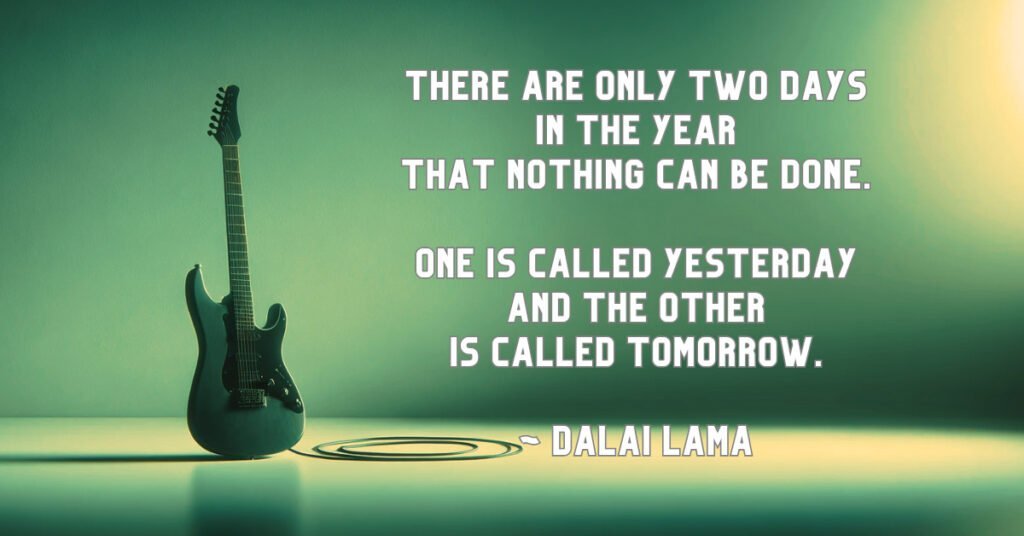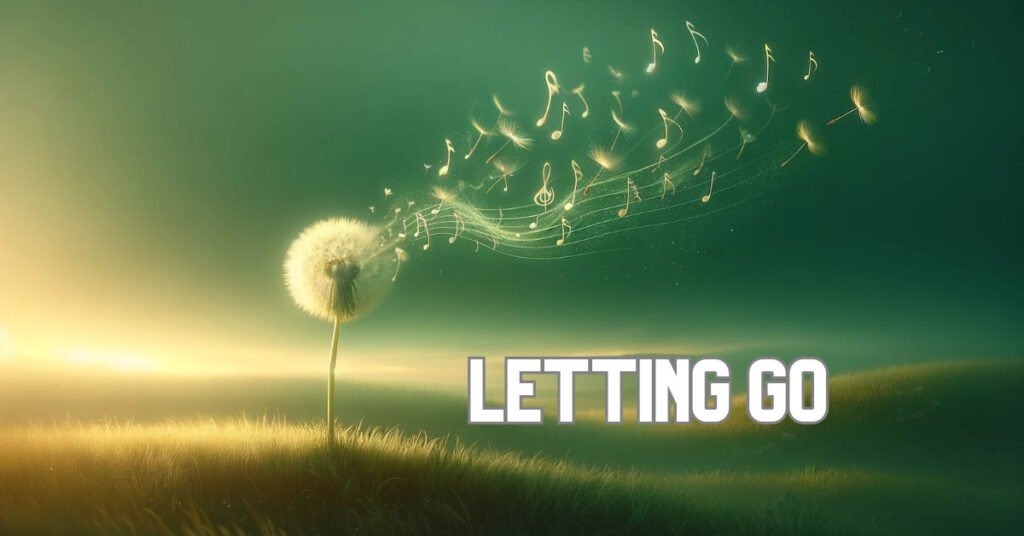
Introduction: Tuning Into the Symphony of Education
The journey of education and the exploration of our beliefs is akin to delving into an intricate musical composition. At first glance, or listen, we may find ourselves humming along to the familiar melody of acquired knowledge. However, the true essence of education invites us to listen more intently, to decipher the deeper harmonies and subtle notes that compose the symphony of critical thinking and learning. This article embarks on a voyage through the multifaceted landscape of education, where cognitive dissonance—the mental stir when faced with conflicting information—serves as a pivotal movement in our intellectual symphony, prompting us to reevaluate our beliefs and cultivate growth from these experiences.
The melody of education is enriched by the complex interplay of notes—questions that challenge our preconceived notions, leading to a more profound understanding and personal development. It’s a journey that requires us to listen beyond the surface, where the harmony of critical thinking blends with the melody of curiosity, creating a masterpiece of lifelong learning.
What Does Being “Educated” Really Mean?
To be “educated” transcends the accumulation of facts; it embodies a deep understanding and the cultivation of an inquisitive mind. Real education fosters a relentless pursuit of knowledge, encouraging learners to delve beneath the surface, to question, analyze, and challenge the status quo. In many educational settings, there is a prevailing emphasis on memorization, which often overlooks the critical component of engaging deeply with content. This approach can stifle the natural curiosity that drives innovation and understanding.
True education is reminiscent of embarking on a journey to explore uncharted musical genres. It ignites a passion to uncover the stories behind the lyrics, to understand the context of the compositions, and to appreciate the diversity of melodies. It’s about creating an academic environment that encourages discussion, exploration, and the critical examination of ideas. Preparing students to navigate the complexities of the world with a discerning and open mind is the hallmark of a genuinely educated individual.
The Role of Cognitive Dissonance
Cognitive dissonance acts as a dissonant chord in the symphony of our beliefs, drawing attention to the uncomfortable tension between existing beliefs and new information. This psychological phenomenon is integral to the learning process, serving as a catalyst for intellectual growth and transformation. Much like a challenging piece of music that compels us to engage more deeply, cognitive dissonance forces us to confront our beliefs, encouraging us to reconcile these conflicts and expand our understanding.
The process of embracing cognitive dissonance is akin to learning to appreciate a complex musical arrangement. It involves recognizing that moments of discomfort, when our preconceived notions are challenged, are not disruptions but essential parts of the learning process. These moments invite us to tune our understanding, harmonizing our beliefs with new evidence, and fostering a richer, more comprehensive perspective of the world.
The Dangers of Incomplete Education
An education that prioritizes rote learning over critical analysis is like listening to music without grasping the underlying emotions and messages. It leaves individuals ill-equipped to navigate the complexities of information or engage with nuanced ideas. This superficial approach to education renders us more susceptible to misinformation and diminishes our capacity to contribute meaningfully to societal discourse.
Moreover, the absence of critical thinking skills stifles innovation and problem-solving abilities. In a constantly evolving world, the capacity to question, adapt, and generate new ideas is invaluable. Education should aspire not only to inform but to inspire a passion for discovery and a commitment to lifelong learning. By encouraging a culture of curiosity and exploration, we can equip individuals to face future challenges with creativity and confidence.
Rethinking Education for Critical Engagement
To cultivate a generation capable of critical engagement, our educational methodologies must evolve. This transformation involves elevating critical thinking and problem-solving as core components of the curriculum and embracing teaching strategies that promote active participation and exploration. Educators are instrumental in this process, guiding students through the intricacies of information and fostering an environment where questioning and deep thinking are not only encouraged but celebrated.
Establishing an educational environment that prioritizes inquiry and critical engagement over memorization prepares students for real-world challenges. It promotes a lifelong learning ethos, valuing the relentless pursuit of knowledge and understanding as much as the acquisition of facts. By championing these principles, we nurture a society that is informed, adaptable, and thoughtful.
Conclusion: Harmonizing Our Educational Journey
As we conclude our exploration of the complexities of education and beliefs, it’s clear that being educated extends far beyond the simple accumulation of knowledge. It encompasses the ability to think critically, engage deeply, and embrace the growth that emerges from challenging our preconceptions. Through the thoughtful navigation of cognitive dissonance and a commitment to lifelong learning, we can enrich our understanding and approach the world with a more nuanced and empathetic perspective.
The article has underscored the importance of rethinking education to emphasize critical thinking, curiosity, and the courage to question and be challenged. By fostering environments that encourage exploration and inquiry, we prepare individuals not only for personal success but also for the collective challenges of our time. Embracing the journey of education as a dynamic symphony of learning, where every question and every challenge adds depth to our understanding, enables us to compose a more harmonious and enlightened world.
In this symphony of education, each of us plays a crucial role, contributing to the melody of knowledge and the harmony of understanding. Let us continue to embrace this journey with openness, curiosity, and a dedication to the transformative power of education. Together, we can create a masterpiece of lifelong learning that resonates with the richness and diversity of human experience, ending on a note of hopeful anticipation for the future.


